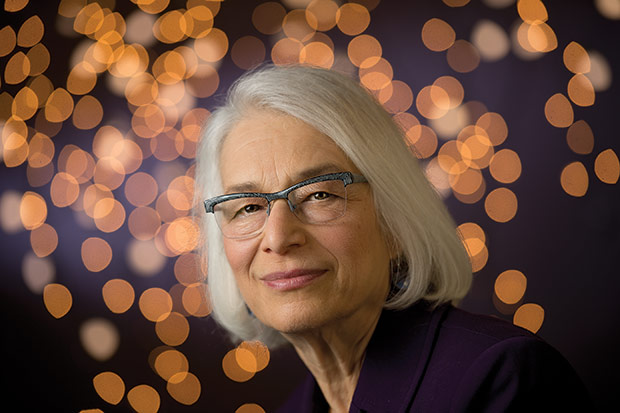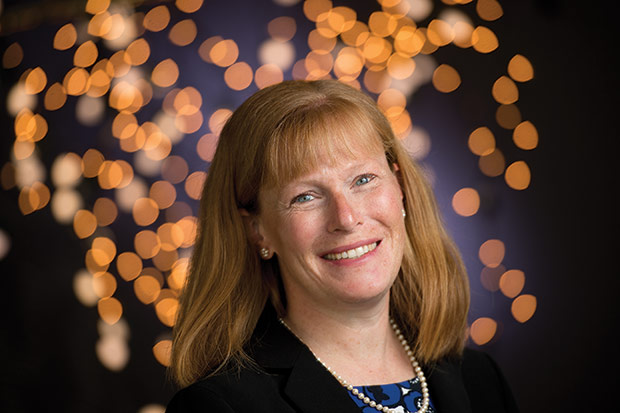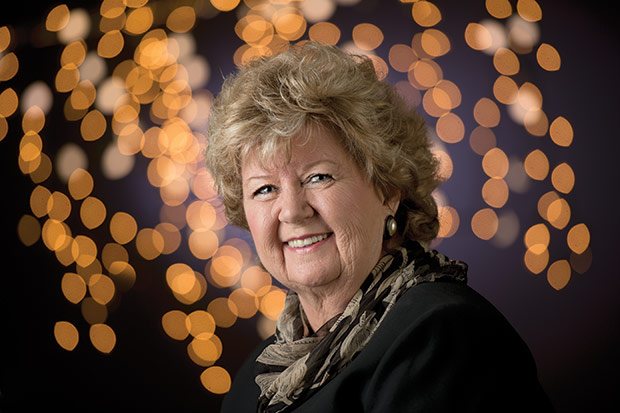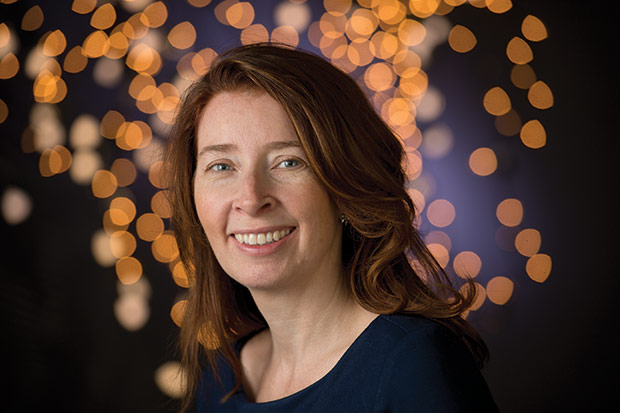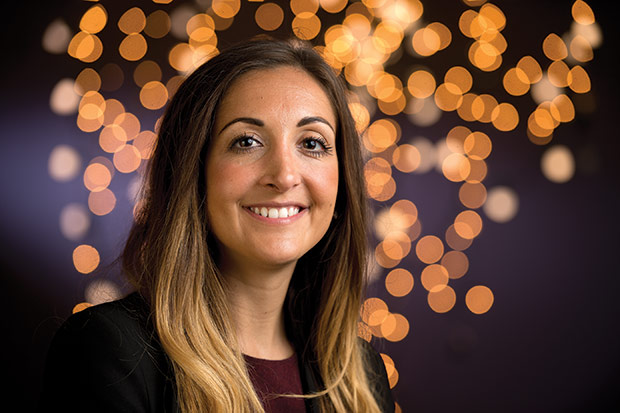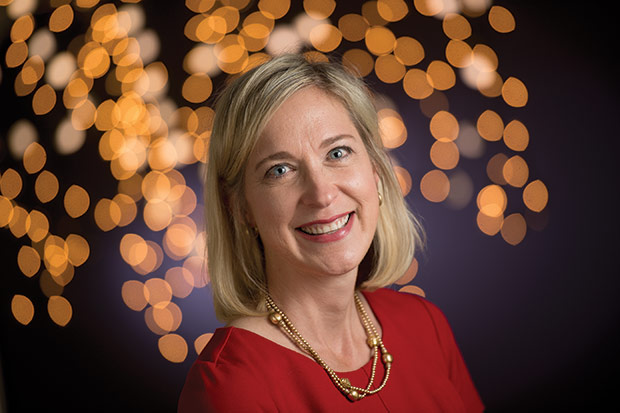Brito uses law as weapon to fight poverty
By: MaryBeth Matzek, Special to the Wisconsin Law Journal//June 23, 2016//
Brito uses law as weapon to fight poverty
By: MaryBeth Matzek, Special to the Wisconsin Law Journal//June 23, 2016//
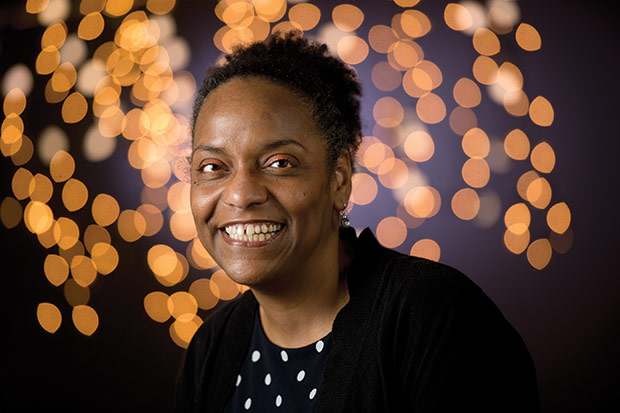
While attending Harvard Law School, Tonya Brito worked at a legal aid office and, there, came to feel a real connection with her clients.
“While I may have been helping them with a custody issue or something else, I often realized that many of the problems stemmed from poverty,” she said. “I may have been able to help them with the current problem, but I wasn’t able to address the bigger issue — poverty — which I knew would likely lead to more issues. The experience showed me the power of the law, as well as its limitations.”
Although Brito knew in law school she wanted to teach, she also wanted to gain courtroom experience. She served as a clerk for Judge John Garrett Penn at the U.S. District Court for the District of Columbia and practiced civil and criminal litigation at a Washington, D.C., law firm.
“I knew from my own experiences with instructors that the ones who practiced law brought more to their classes, and I wanted to offer that,” said Brito, associate dean for research and faculty development and the Burris-Bascom Professor of Law at the University of Wisconsin Law School.
Beyond her teaching of family law and civil procedure, Brito dedicates a great deal of her time researching the places where family law and poverty law meet. She first noticed the connections when she was a student.
“I’ve been able to find a balance between teaching and research,” she said.
Brito and David Pate, a UW-Milwaukee social work professor, are the lead investigators in a project examining what happens in systems that various states use to offer legal assistance in civil-contempt proceedings. To that end, they’re taking a look at a program that provides attorneys for indigents in civil-contempt proceedings in Wisconsin and comparing their experiences to those of similar litigants in Illinois, where legal assistance is designed to help defendants represent themselves.
“I’m fascinated with how research can influence the law,” Brito said.
University of Wisconsin Law School Dean Margaret Raymond pointed out that Brito and Pate’s work is receiving support from two grants from the National Science Foundation. Often the competition for such money is intense.
“This current research dovetails with Professor Brito’s long commitment to community-service activities that address family law policy,” Raymond added.
Brito is finishing a three-year term working as the director of the Institute for Legal Studies, which offers programs, lectures, workshops and presentations on various topics.
“This is really geared towards our junior faculty and helping develop their scholarly profile,” she said.
Legal News
- Wisconsin joins Feds, dozens of states to hold airlines accountable for bad behavior
- Trump ahead of Biden in new Marquette poll
- Bankruptcy court approves Milwaukee Marriott Downtown ‘business as usual’ motion
- New Crime Gun Intelligence Center to launch in Chicago
- Arrest warrant proposed for Minocqua Brewing owner who filed Lawsuit against Town of Minocqua
- Wisconsin Supreme Court justices question how much power Legislature should have
- Reinhart named the 2024 Wisconsin law firm of the year by benchmark litigation
- Milwaukee’s Common Council now has the most African Americans, women and openly LGBTQ members ever
- Office of School Safety Provides Behavioral and Threat Assessment Management Training Ahead of 25th Anniversary of Columbine Shooting
- Wisconsin Supreme Court to hear arguments in Democratic governor’s suit against GOP-led Legislature
- Lawsuit asks Wisconsin Supreme Court to strike down governor’s 400-year veto
- Wisconsin man pleads not guilty to neglect in disappearance of boy
WLJ People
- Power 30 Personal Injury Attorneys – Russell Nicolet
- Power 30 Personal Injury Attorneys – Benjamin Nicolet
- Power 30 Personal Injury Attorneys – Dustin T. Woehl
- Power 30 Personal Injury Attorneys – Katherine Metzger
- Power 30 Personal Injury Attorneys – Joseph Ryan
- Power 30 Personal Injury Attorneys – James M. Ryan
- Power 30 Personal Injury Attorneys – Dana Wachs
- Power 30 Personal Injury Attorneys – Mark L. Thomsen
- Power 30 Personal Injury Attorneys – Matthew Lein
- Power 30 Personal Injury Attorneys – Jeffrey A. Pitman
- Power 30 Personal Injury Attorneys – William Pemberton
- Power 30 Personal Injury Attorneys – Howard S. Sicula





